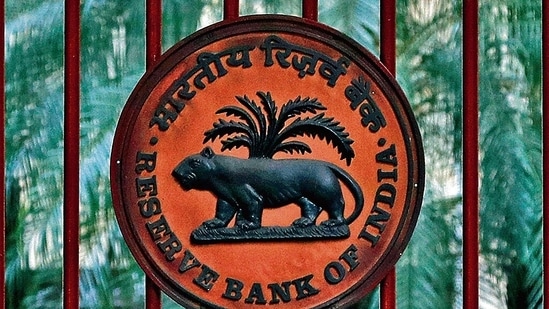The Reserve Bank of India on Saturday signed two memorandums of understanding (MoU) with the Central Bank of UAE for establishing a ‘framework to promote use of local currencies like the Indian rupee and UAE Dirham’ for cross-border transactions and the cooperation for interlinking of payment and messaging systems.
The MoUs were signed by RBI governor Shaktikanta Das and CNUAE governor Khaled Mohamed Balama. Both the governors of the respective banks exchanged the MoUs in the presence of Prime Minister Narendra Modi and UAE president Sheikh Mohamed Bin Zayed Al Nahyan in Abu Dhabi.
According to an RBI statement, the MoUs are aimed at putting in place a local currency settlement system to promote the use of Indian Rupee and UAE Dirham bilaterally.
With the currency system in place, exporters and importers will be able to invoice and pay in their respective domestic currencies, which would help in the development of Rupee-Dirham exchange market.
It will also help in promoting investments and remittances between the two countries. The use of local currencies will optimise transaction costs and settlement time for the transactions including the remittances from the Indians who reside in the United Arab Emirates, RBI said.
Both the RBI and the Central Bank of UAE have agreed to cooperate on linking unified payments interface (UPI) and Instant Payments Platform (IPP) respectively, linking RuPay switch and UAESWITCH and exploring the linkage of payments messaging system, i.e the Structured Financial Messaging System (SFMS) of India with the messaging system in the UAE.
The RBI said UPI-IPP linkage will enable the users in either country to make fast, convenient, safe, and cost-effective cross-border funds transfers. It added that the linking of card switches will facilitate ‘mutual acceptance of domestic cards and processing of card transactions’. The linkage of messaging systems is aimed to facilitate bilateral financial messaging between the two countries, the RBI statement added.
The two MoUs are aimed at facilitating seamless cross border transactions and payments, and foster greater economic cooperation between the two countries, the Indian central bank added.
